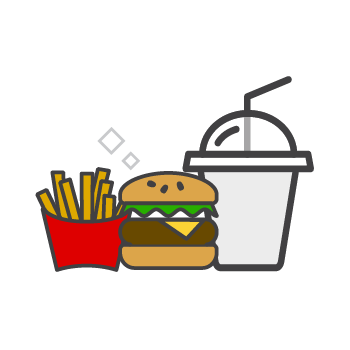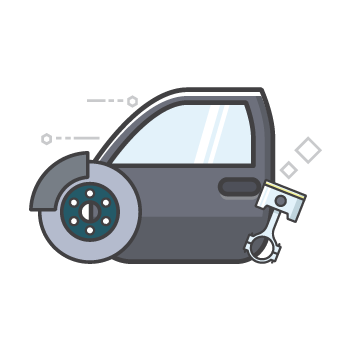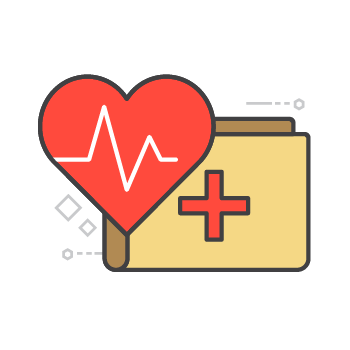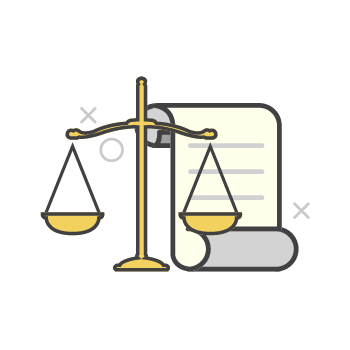A Quick Guide to Intermittent Fasting
by Chantel DaCosta Sep 24, 2018

Intermittent fasting, time to eat?
Intermittent fasting is one of the trendiest health and fitness practices today.
But what does it mean?
Is it really good for you?
How do you even start?
Here is your quick guide to intermittent to fasting.
What is Intermittent Fasting (IF)?
Intermittent fasting is an eating pattern that cycles between periods of fasting and eating. The focus isn’t food restriction of what to eat, instead, the essence of this practice is when to eat.
Common intermittent fasting methods involve:
- Daily 16 hour fasts, or
- Fasting for 24 hours, twice per week.
The Methods
There are a few distinct fasting methods that you can incorporate into your fasting cycles. These are:
The 16/8: Skipping breakfast and restricting your daily eating period to eight hours. For example from 1 pm to 9 pm, you will eat. Then you “fast” for 16 hours in between.
Eat-stop-eat: Fasting for 24 hours, once or twice a week, for example by not eating from dinner one day until dinner the next day. Then you start eating again and then repeat.
The 5:2: On two non-consecutive days of the week, only eat 500-600 calories. Then eat normally the other five days.
The Benefits
Some weight loss and fitness experts believe that intermittent fasting can help to burn fat and aid in weight loss. Other health benefits identified are:
- Slows aging and boosts regeneration – fasting mimics a detox. This calorie restriction allows cells to detox and recycle. This, in turn, will cause the aging processes on a molecular level to slow down, and decrease age-related illnesses.
- Lower cholesterol – according to Dr Jason Fung M.D. of Diet Doctor: “during fasting, the body switches from burning sugar to burning fat for energy.” And this, he contends, will cause drastic reductions in triglycerides and LDL cholesterol.
- Lower insulin –the lowering of insulin levels will make stored body fat more easily accessible.
Side Effects
There are known side effects of intermittent fasting. These are constipation, headaches, dizziness, and heartburn.

What can you eat and drink during fasting periods
During your fasting periods, stay hydrated. Drink plenty of water, tea and, even coffee.
Caution
If you choose to fast, start off slow. Test it for a few hours each week and track how your body reacts to these changes.
At Yello, we are not doctors. Please seek the advice of your general practitioner or nutritionist before making any major changes to your diet.
You can search Find Yello for the health care providers closest to you.
Sources: Diet Doctor, mindbodygreen, Nerd Fitness, and Healthline.








